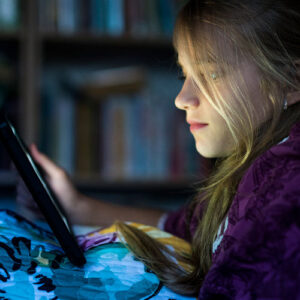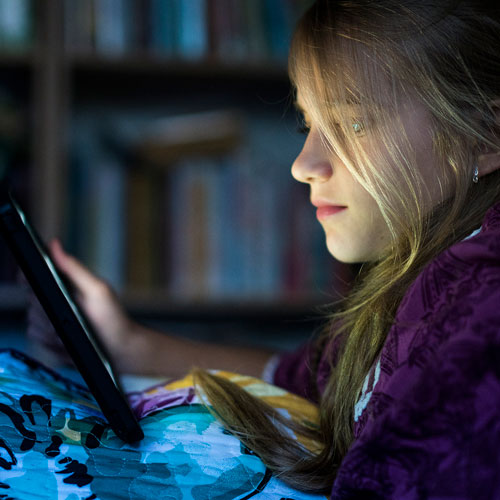In Africa, there is so much focus on the physical needs of kids – education, health, HIV/AIDSand yes, this is important. But who is addressing the psychological needs of children? What is going to happen in Africa when we have millions of children going through grief and loss?
People are becoming more aware of the need but it`s not as tangible as building a school or addressing physical health needs. Very few people are talking about working to ensure these kids are adjusted for life.
I`ve seen so many traumatised children, very many. One of my biggest involvements was the Rwanda genocide. We were the first professional team into Rwanda [with my organisation, Oasis]. There we did a lot of work training trauma workers in communities. We also ran a trauma children`s program and were trying to link them with help as much as we could.
I`ve been working in child psychology for 23 years. I used to be a science teacher but I had so many children coming to me each day with problems at home or at school; parents who are divorcing and remarrying, changing sets of relatives, alcohol and drug abuse. Eventually I realised I needed to help these children.
The two main issues affecting the mental health of children in Africa are neglect and abuse. Neglect, which not only means their physical needs are not being met, but their emotional, psychological and spiritual needs. A child that misses out on critical relationships, emotional care, spirituality – this is an abused child.
There is also community violence, particularly in some of the war-torn nations in Africa. These children lack holistic safety and support from adults. So they feel the world is a bad place to be in. They grow up saying “I`m bad”.
Mental health matters for children because if a child does not have holistic mental health care when they`re younger, they can face a very difficult road ahead. I`ve worked with some extremely damaged adults, totally destroyed from childhood €“ both in Africa and in America where I did my PhD and when you roll backwards, you find a very unstable childhood.
In Africa, the need is so big, I think of the millions of kids not getting help. One of the reasons ChildFund Kenya got me on board is that we have a big vacuum in terms of psychosocial services for children. Many programs include the word ˜psychosocial` but when it comes to action on the ground, it`s not happening.
We want children`s mental health programs in Africa to be taken seriously. The question is funding. It`s very difficult to get funding to resource programs for mental health. I`ve worked for many years with negligible resources.
One of the problems is that psychology has not been recognised as a profession in Kenya until very recently. We have been lobbying the Government to pass a bill that would create an accredited Board of Psychologists who can issue licences to operate as a registered practitioner. I am pleased to say our President signed our Bill of Psychology into an Act of Parliament on 31 July. So, we are on the way to licensure.
Many people feel that mental health for Africa is last on their list of priorities. When I was in the US, someone asked me, “Do Africans needs counsellors? Do they need psychologists?” I asked him, “Do Africans cry? Yes, they have tears, so they also need psychology and counselling.”
A woman even told me at a conference, “Why don`t you go home, teach mothers how to feed their babies and make baskets?”
What I`m saying is that we should protect the children so they don`t end up like the adults I`ve seen who are totally destroyed. It`s bad for everyone, not only that person, but their families, their communities.
We can prevent a lot of problems before they happen by training parents and community members to provide care at whatever level is needed. Everyone needs skills in helping others, even just listening. If you ask a child, “What`s up?”, you get many answers €“ if you listen.
Dr Gladys Mwiti is one of the only clinical psychologists in Kenya, and the CEO and founder of Oasis Africa Center for Transformational Psychology & Trauma, a Nairobi-based NGO providing professional counselling, training and community services. She recently joined the Advisory Board of ChildFund Kenya after working with ChildFund as a child counselling consultant during the Horn of Africa food crisis in 2011.
12 August marks International Youth Day, the theme of which this year is Youth and Mental Health. Join the conversation online using #IYD2014 and #MentalHealthMatters








